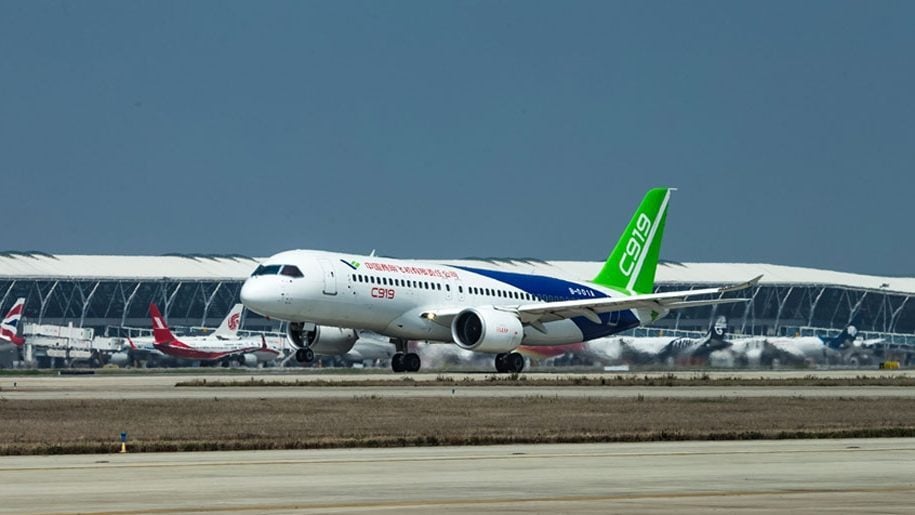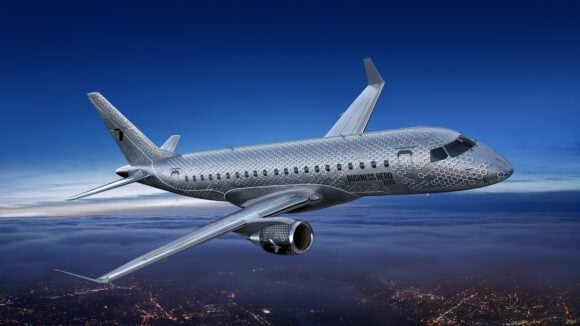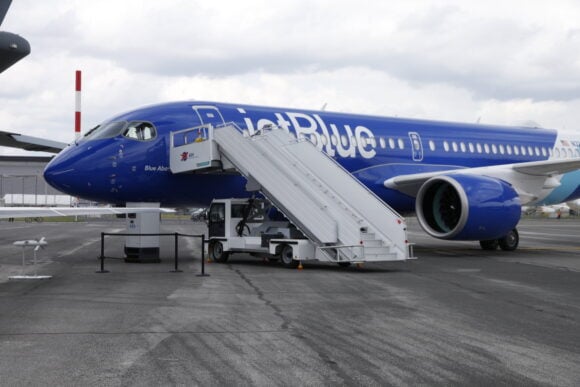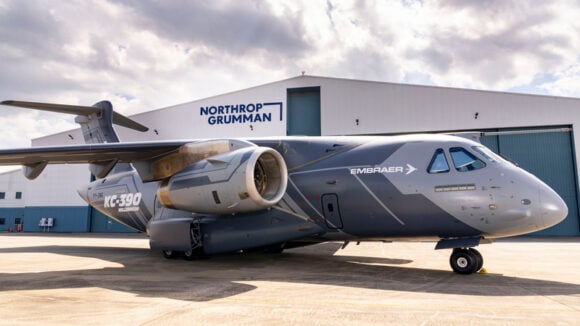
Comac C919 e1493991320890 916x516 1
Brunei is the first ASEAN nation to officially recognize China’s aircraft certification system, clearing the way for its airlines to operate COMAC aircraft. The change marks a tangible diplomatic and commercial win for China’s civil aviation sector. And especially useful after the VietJet loss.
What it means for COMAC
- A regulatory breakthrough: Brunei’s acceptance of CAAC certification gives COMAC a crucial foothold outside mainland China. Each approval allows COMAC to broaden its customer base outside China. More importantly, it enables China’s foreign policy to exploit commercial aviation opportunities. State-supported financing is a powerful incentive for startups.
- First-mover validation: The approval supports COMAC’s campaign to position the C919 and C909 as viable alternatives to Western aircraft in emerging Asian markets.
- Gateway to ASEAN: If other regional authorities (e.g., Laos, Cambodia, and Indonesia) follow suit, COMAC could begin building a regulatory network across Southeast Asia. Even if airlines in these countries don’t buy COMAC, the threat changes pricing for Airbus, Boeing, and Embraer.
Strategic implications
- Soft power and trade diplomacy: This is part of Beijing’s broader effort to internationalize Chinese technology standards — similar to past pushes in rail and telecoms. It fits with China, Inc. But it also creates another policy complication for Taiwan. If ASEAN nations use COMAC approvals to drive down aircraft prices and support growing regional air travel, Taiwan’s interests may be sacrificed.
- Fleet diversification: Smaller (especially start-ups) or state-backed ASEAN airlines may view COMAC aircraft as politically and financially attractive, especially with Chinese financing or leasing support. The Great Game grows, and interests evolve from the region to the national level.
- Pressure on Western OEMs: While the immediate sales impact is modest, the signal is strong — Western duopoly dominance in regional aviation is no longer absolute.
Summary
COMAC and China will exploit this opportunity in parallel. The issue isn’t a profitable business in the short term. This is a strategic issue, and China will invest as needed.
A Brunei-based start-up, GallopAir, signed an LOI in 2023 for 30 aircraft (including 15 C919 and 15 C909) with COMAC. As a start-up, accessing OEM/State financing is irresistible. That does not guarantee commercial success, though. Moreover, the deal is already five years old, and deals like this don’t age well.
COMAC must invest significant capital in this effort for success. And by that, we mean funding for MRO and spares support. Remember what happened with Sukhoi and Mexico’s Interjet. Everything was great until it wasn’t.
This news is likely to be more disruptive on a larger scale—and we doubt Brunei is a large enough market to affect Airbus, Boeing, and Embraer’s pricing, yet. A potential gauntlet has been thrown down.
Views: 410
About The Author
Take AirInsight for a Test Flight
7 days full access — premium analysis and the complete data model library — for $1. No commitment.
Start My Test Flight →



